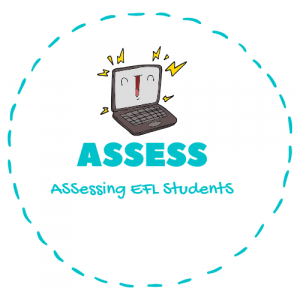Assessing young learners’ speaking skills – Foreign Languages
The introduction of the instruction of a Foreign Language in primary schools is in line with the language policy of the European Union, whose aim is to foster functional plurilingualism in future European citizens in order to ensure mobility and cohesion in an increasingly globalized and politically, economically and socially interconnected Europe.
As everyone knows instruction and assessment go hand in hand so naturally. Each makes the other stronger and more meaningful. The question is: how to assess learners’ foreign language skills effectively? The issue of effective and age-appropriate assessment is certainly a challenge for FL primary school teachers who have little appropriate and validated material for assessing young learners’ foreign language skills, in particular their speaking skills.
Recent studies focus on new assessment of students’ spoken proficiency based on interaction and where stakeholders become the centre of interest. The oral interaction may occur with the interviewer for example, the student answers personal questions or describes a picture and subsequently identifies differences between two pictures. Another strategy to foster oral interaction is to provide paired or small group speaking tasks in which the children interact with each other and act out mini dialogues or carry out a mini role-plays. The objective is to prompt young learners to use the language in meaningful and real life situations where the focus is on problem-solving and purposeful task. The validity and usefulness of these new assessment approach is more effective in comparison with the more traditional test.To sum up, for an effective oral proficiency assessment, teachers should provide activities that meet the development of a learner-centred approach keeping in mind that children’s contact with the first foreign language at school should be positive and enjoyable.


